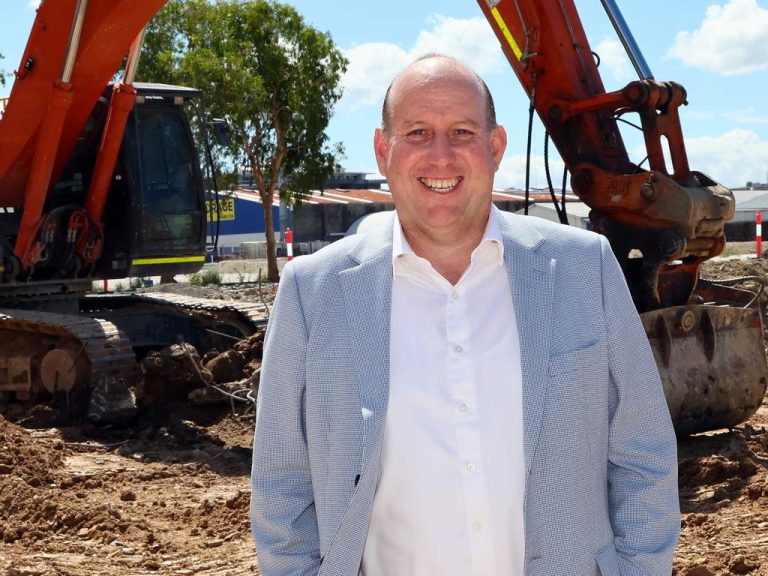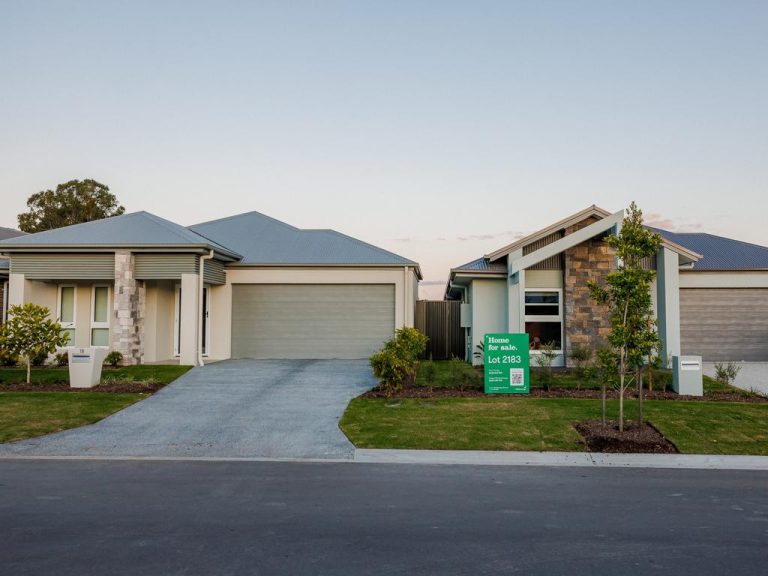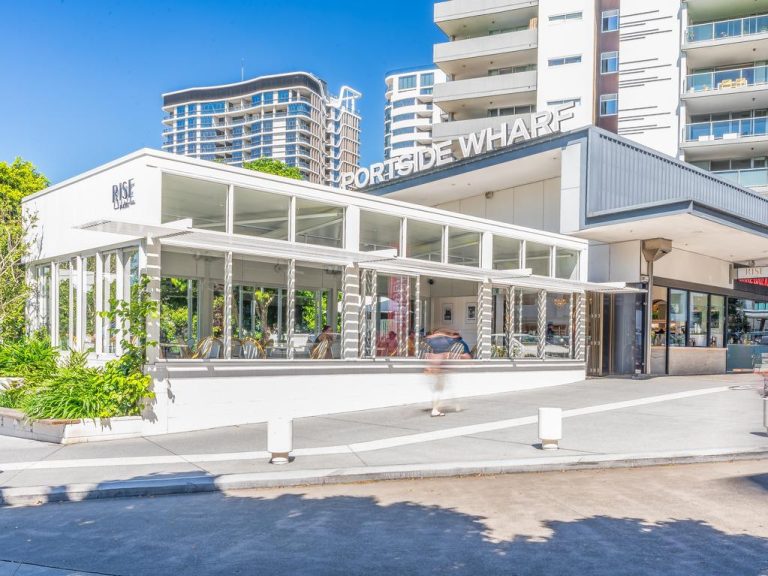Melbourne office vacancy at 10.9 per cent, value falls expected: NAB

The nation’s fourth biggest lender has warned of a big cloud over Melbourne’s CBD. Picture: Ian Currie
Melbourne’s CBD towers are “deeply in trouble”, with one in ten offices empty at the end of June and commercial property experts expecting values to continue falling for years.
The city’s woes even have the potential to put the brakes on booming house prices in inner-city suburbs.
The latest NAB Commercial Property Survey has estimated office vacancy rates at 10.9 per cent, compared to 4 per cent at the end of March last year.
RELATED: How month-long lockdown will hit commercial property
Melbourne lockdown extension sparks call to help tenants, derails auction record
Empty offices: Property Council data reveals Covid’s impact on commercial property
The figure is still expected to be above 8 per cent by June 2023.
Property Council of Australia figures released earlier this month indicated 120,000sq m of space was currently untenanted.
And the professionals underpinning the report believe the rising figure has caused a 3.6 per cent fall in the value of CBD towers in the past year, with a further 2 per cent fall predicted over the coming 12 months and another modest decline in 2023.

Commercial sales agents believe prices are holding firm, despite the report’s dire predictions. Picture: Paul Jeffers
NAB chief economist Alan Oster said he had never seen Melbourne’s office market in such a dire situation since the bank began the survey in 2010.
“It hasn’t looked like this for a bloody long time,” Mr Oster said.
“Where we are now is the worst we have seen since 2010.”
There was less confidence in Melbourne’s commercial market than Sydney’s at the end of June, and Mr Oster warned subsequent lockdowns in Melbourne could see it retain that spot in the next quarter — despite more pronounced Covid-19 problems in NSW.
“Come the next three months it will probably get worse,” he said.
“The CBD is deeply in trouble, and outside of industrial most things are deeply in trouble, so you have got to think you will see prices come down.”

Despite ongoing Covid-19 issues, Alan Oster believes there may still be more confidence in Sydney’s office market than Melbourne’s. Picture: Damian Shaw
The economist said he felt the survey respondents had been conservative predicting a 2 per cent fall in values and he suspected the falls “will be larger than that”, but did note AAA locations such as the Paris end of Collins St may not be as dramatically affected.
But JLL head of capital markets Josh Rutman said pricing continued to “remain firm” with a steady stream of listings engaging digital sales processes.
“We are observing, however, that larger deals in the institutional space are taking somewhat longer to complete due to the more complex requirements of purchasers and their stakeholders as part of their due diligence,” Mr Rutman said.
“We are yet to see any material impact on pricing or appetite for larger assets given that there is a clear light at the end of the tunnel with the current vaccine rollout.”
The survey’s views on industrial property provided a silver lining with growth in both rents and values predicted, thanks to high demand for warehousing to sustain a surge in online shopping.

It is expected retail rents will fall in Victoria. Picture: David Geraghty
Retail and office rents were expected to fall for the next two years as well.
Mr Oster added it was possible workers remaining away from the CBD would also affect inner-city house price growth, but did not say he expected to see those markets lose ground as a result.
He did note regional areas and cities were playing a larger role in the state’s property price growth than many might realise, and some regions like Ballarat were experiencing faster rises than metropolitan areas.
Sign up to the Herald Sun Weekly Real Estate Update. Click here to get the latest Victorian property market news delivered direct to your inbox.
MORE: Chapel St, South Yarra: Rooftop bar and restaurant with ‘$300m view’ planned
Brett McLeod: TV presenter snares incredible price for Fitzroy North store conversion
The Block 2021 episode 6: Absolute bulls***: Fury over judges’ controversial ruling







